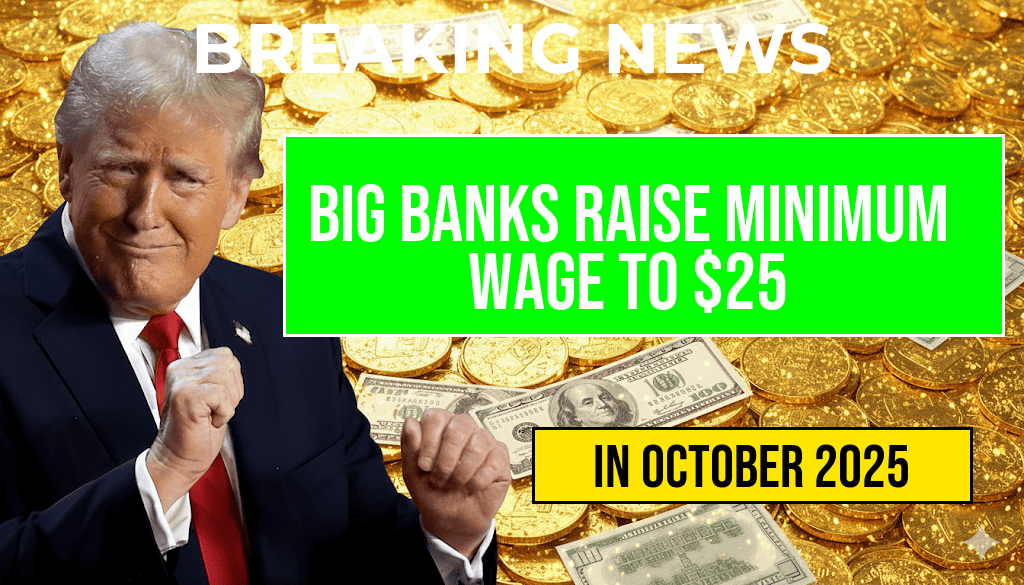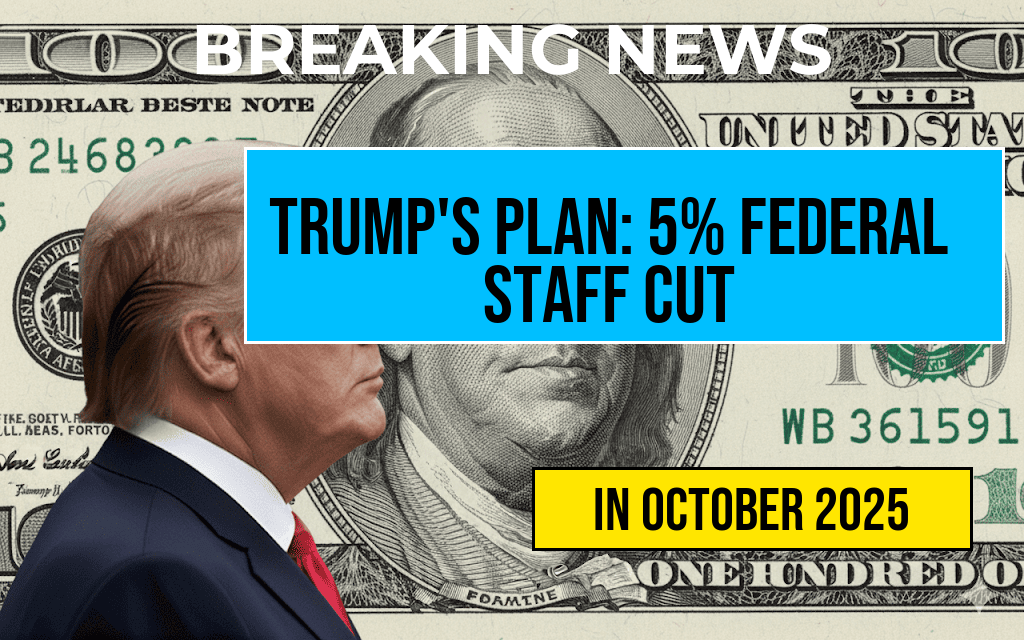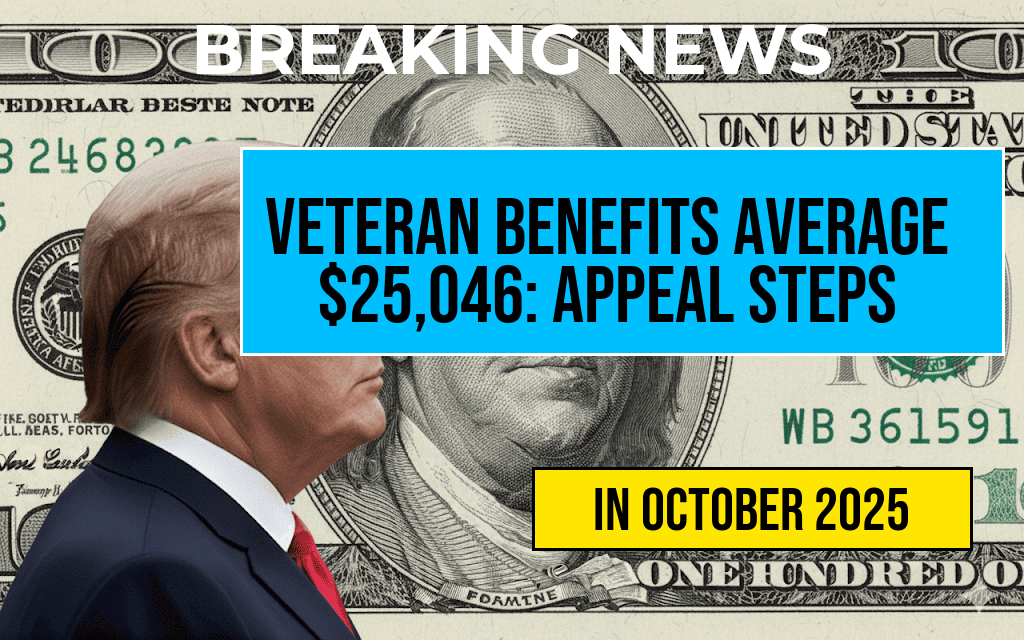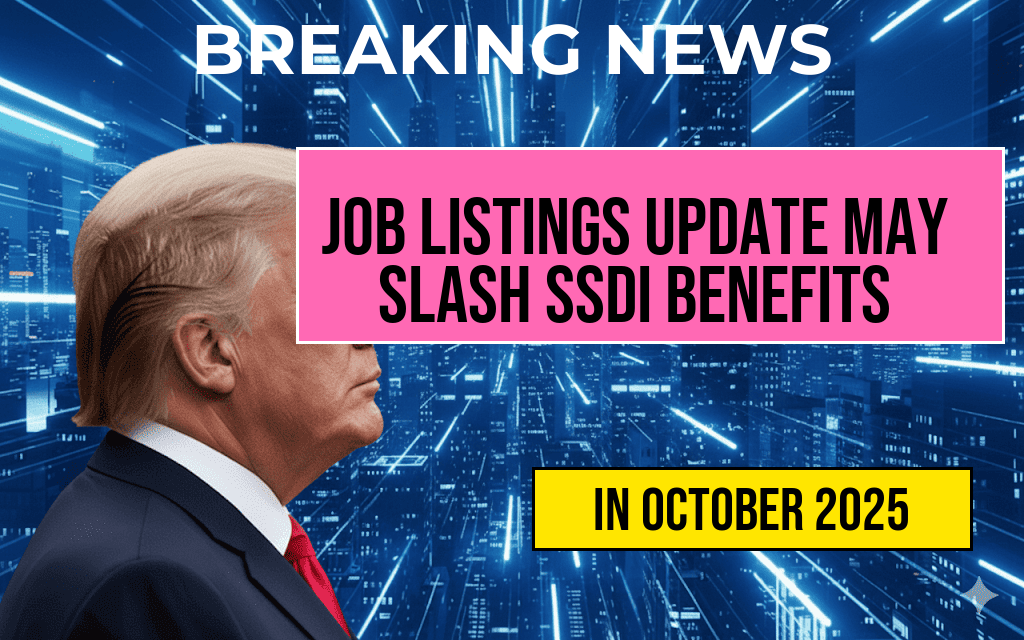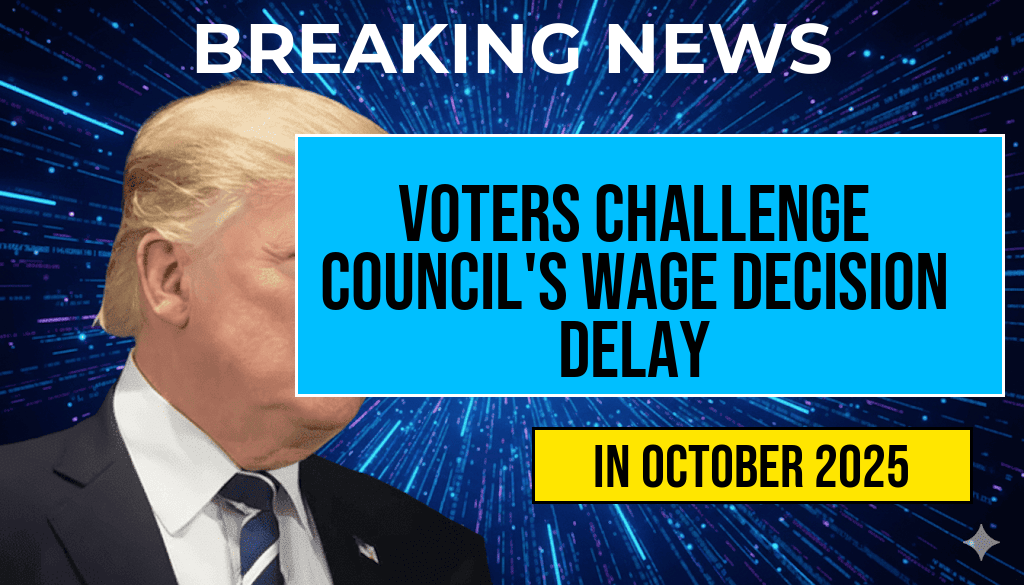In a significant move that could reshape the landscape of the banking sector, Bank of America (BofA) announced it will raise its minimum wage to $25 an hour. This decision, effective immediately, comes as part of the bank’s ongoing commitment to attract and retain talent amid a labor market that continues to challenge many industries. The increase not only positions BofA as a leader in employee compensation but also places pressure on its competitors to follow suit. As the largest bank in the United States by assets, BofA’s decision may prompt other major banks to reconsider their wage structures, potentially leading to a ripple effect across the entire financial services industry.
Impact on the Banking Sector
The banking industry has long been criticized for its relatively low entry-level wages, especially considering the cost of living in major urban areas. With this wage increase, BofA is setting a new standard that could force other institutions to reevaluate their pay scales. Analysts believe this move could lead to a competitive wage environment, especially among other big banks like JPMorgan Chase and Wells Fargo.
Reasons Behind the Wage Increase
- Attracting Talent: As the job market becomes increasingly competitive, banks are finding it harder to attract qualified candidates. A higher minimum wage may help BofA draw in more applicants.
- Employee Retention: By increasing wages, BofA aims to reduce turnover rates, which can be costly and disruptive.
- Corporate Responsibility: Raising wages aligns with broader trends in corporate social responsibility, where businesses are expected to support their employees beyond just offering a paycheck.
Industry Reactions
Reactions from industry experts and competitors have varied. While some analysts applaud BofA’s decision as a progressive step, others caution that it could lead to increased operational costs. “This is a bold move that signals to the market that banks need to invest in their workforce,” said Sarah Thompson, a banking analyst at a leading financial consultancy. “However, it remains to be seen how other banks will respond.”
Competitors like Citigroup and Wells Fargo have yet to announce similar wage increases, but industry insiders suggest they may feel compelled to do so in order to remain competitive. “If they don’t, they risk losing their best talent to institutions like BofA,” noted Thompson.
Potential Ripple Effects
The wage increase at BofA could have broader implications beyond just the banking sector. Other industries, particularly those in retail and hospitality, may feel pressure to raise their wages as well. As consumers become more aware of wage disparities, there may be increased demand for companies that offer fair compensation.
Future of Banking Compensation
| Bank | Current Minimum Wage | Effective Date |
|---|---|---|
| Bank of America | $25.00 | Immediate |
| JPMorgan Chase | $20.00 | 2021 |
| Wells Fargo | $15.00 | 2020 |
Conclusion: A New Era of Banking?
The decision by BofA to raise its minimum wage to $25 an hour marks a pivotal moment in the financial services industry. It signals a shift towards more equitable compensation practices and reflects changing expectations among employees and consumers alike. As the dust settles on this announcement, all eyes will be on BofA’s competitors and their responses to this bold move. The potential for a wage war in the banking sector could redefine the financial landscape, making it an essential development to watch in the coming months.
For more information on wage trends in the banking industry, visit Wikipedia or read a detailed analysis on Forbes.
Frequently Asked Questions
What is the new minimum wage being set by big banks like BofA?
The new minimum wage being set by big banks, including Bank of America (BofA), is $25 an hour.
Why are big banks raising their minimum wage?
Big banks are raising their minimum wage to attract and retain talent, improve employee satisfaction, and respond to increasing pressure from competitors in the financial industry.
Which banks are following BofA’s lead on minimum wage increases?
While Bank of America has taken the lead, other major banks are expected to follow suit in raising their minimum wages to remain competitive in the job market.
How does raising the minimum wage impact employees?
Raising the minimum wage benefits employees by providing them with a higher income, which can lead to improved morale, reduced turnover, and a more motivated workforce.
What are the potential effects on the banking industry as a whole?
The potential effects on the banking industry may include increased operating costs for banks, adjustments in pricing for services, and a shift in the competitive landscape as banks strive to offer better compensation to attract skilled workers.

